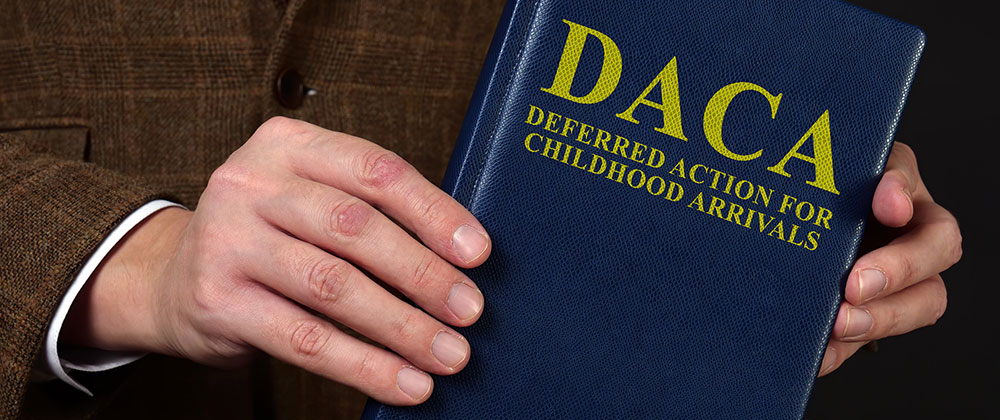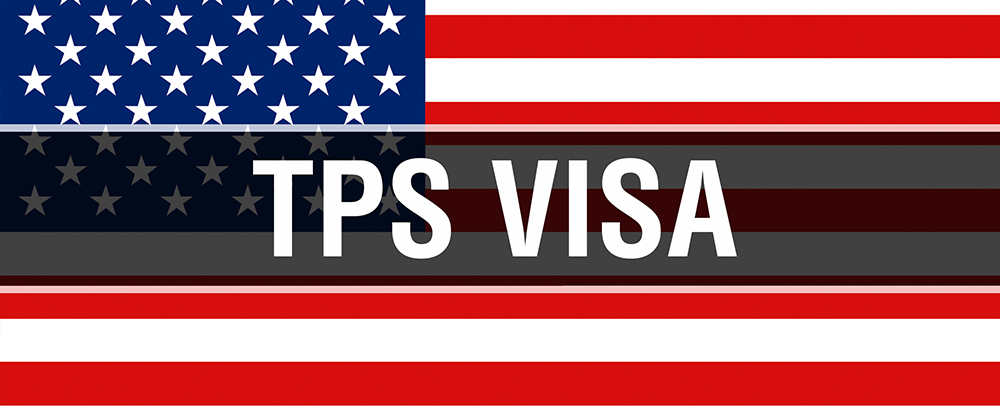The United States Citizenship and Immigration Services (USCIS) issued a policy memo last week regarding “parole in place” for spouses, children and parents of active duty members of the U.S. armed forces, the selected reserve of the ready reserve and former members of the U.S. armed forces or selected reserve of the ready reserve.
This is a quick summary of who will benefit and what the procedure will be for requesting the parole:
- It will benefit those family members who are present without admission or parole;
- Parole will be granted under INA Section 212(d)(5)(A)—normally a section used to grant parole due to “urgent humanitarian reasons or significant public benefit”;
- Parole grant is discretionary;
- Family members don’t qualify for it automatically but USCIS has said that “absent a criminal conviction or other serious adverse factors, parole in place would generally be an appropriate exercise of discretion for an individual.” (This means we need to prepare strong equity packets.);
- Parole will be authorized in one-year increments;
- When a client is granted parole, USCIS has said in its Policy Memo that those who receive this parole, will no longer be inadmissible — this means, these people can now adjust under Section 245(a) because (if they meet all other AOS requirements), they would now be aliens who have been “inspected and admitted or paroled.”;
- Arriving aliens are not eligible as they are not “present without admission or parole” so they are not applicants for admission;
- This parole in place does not cure previous unlawful presence.
Application process:
- Form I-131, Application for Travel Document will be used to request the parole (fee MAY be waived if indigent)
- Evidence of family relationship
- Evidence that the alien’s family member is an Active Duty member of the U.S. Armed Forces, individual in the Selected Reserve of the Ready Reserve or an individual who previously served in the U.S. Armed Forces or the Selected Reserve or the Ready Reserve such as a photocopy of both the front and back of the service member’s military identification card (DD Form 1173)
- Two identical, color, passport style photographs; and
- Evidence of any additional favorable discretionary factors
For those who were previously in removal proceedings and/or are the subject of an Order of Deportation or Removal, the Office of Chief Counsel MAY agree to reopen proceedings in order to take advantage of this new policy.


